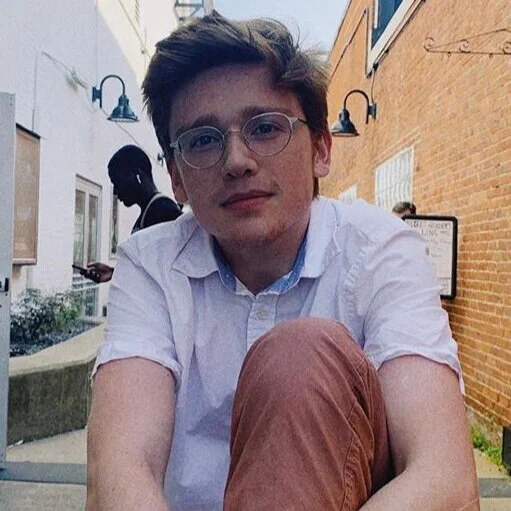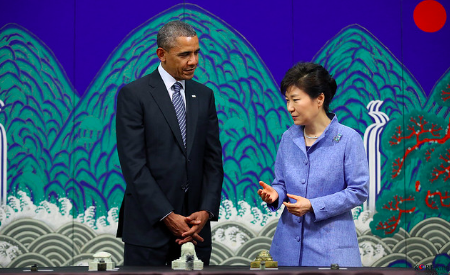Nadeen Ashraf, creator of the Instagram page “Assault Police,” warned fellow women about men accused of sexual assault. Now, she is working to change the society that produces the perpetrators.
Nadeen Ashraf has received more death threats than she can count. Her infamy began with an Instagram page named “Assault Police” and culminated in a nationwide movement. It broaches a taboo subject in Egyptian society: sexual violence. The Instagram page provides women an outlet to express their stories of sexual assault and harassment while giving guidance on how to navigate Egyptian society as a survivor. The threats received by Ashraf demonstrate the opposition that activist women face. It also shows how necessary Egypt’s #MeToo moment is.
Ashraf joins a worldwide cadre of young activists who use social media to promote inclusivity. At 22 years old, she belongs to the first generation that was born and raised with social media. “I’ve been active on social media since I was 9 years old,” Ashraf said in an interview with Egyptian Streets, “and I’ve been an avid follower of internet trends and social media for as long as I can remember.” This gives her an edge in crafting social media campaigns that reach women, old and young, across Egypt. So far, Assault Police has over 200,000 followers.
Ashraf started the account in a rage late one night. A fellow student at the American University in Cairo accused Ahmed Bassam Zaki of sexually harassing and blackmailing women on social media, but within days, the post disappeared. This was one of many instances. “I witnessed women first coming forward about being harassed by him on our university’s unofficial Facebook group around 2018, only to be silenced by having their posts deleted later,” Ashraf says. She soon created Assault Police to warn other women about Zaki. From there, the growth was explosive.
Nobody predicted such widespread success, least of all Ashraf herself. “I initially expected it to get reported and shut down by Instagram within days of its creation,” she says. Such was the fate of most social media posts calling out sexual harassment. Assault Police comes, though, at a time when a new generation of young activists are using social media to advocate for societal change. Being tech savvy is necessary when authorities arrest activists on social media for “indecency” and “debauchery” while sexual predators roam free.
A protest at the University of Cairo. Hossam el-Hamalawy. CC BY-SA 2.0.
Ashraf faces an uphill battle in shifting widely held cultural norms. Though sexual harassment was criminalized in 2014, pervasive misogyny means victims of sexual abuse are rarely taken seriously. Moreover, a climate of stigma and shame deters many victims from accusing their aggressor publicly. Roughly 75% of men—and 84% of women—believe a woman who dresses provocatively deserves to be harassed.
“My generation often takes credit for jump-starting change all over the world,” Ashraf said, “but I kept seeing this gap within my community of young women trying to speak out against sexual harassment, and never being taken seriously.” Assault Police provided one of the only venues where victims could tell their stories and seek help without bringing Egyptian society’s scorn upon them. The groundswell of support converted the fledgling account into a nationwide movement, one that is changing the conversation about sexual violence. Nevertheless, there is much work to be done.
The case of Aya Khamees demonstrates the challenges the movement faces. When Khamess first told the police she had been gang raped, they did nothing. Only after weeks of online campaigning did the authorities arrest five suspects, but the delay allowed at least two suspects to flee the country. In a Kafkaesque turn, authorities charged Khamees herself in the trial on charges of prostitution, drug use and “violating family values.” The trial is yet to be decided, but many women understood the message. Their lives would be easier if they stayed quiet.
Still, the moment represents a #MeToo moment for the country. For the first time, women sharing stories of sexual assault are being taken seriously, and men are beginning to face consequences. After Ashraf repeated accusations against Ahmed Bassam Zaki on the Assault Police page, he was arrested by authorities.
A protest against systemic sexism. Hossam el-Hamalawy. CC BY 2.0.
For the time being, Ashraf continues passionately against this misogynistic system. So far, Assault Police has been run by her alone, but facing down such a mammoth social issue requires more than one committed activist. “I want to expand from an online platform to a full-time organization,” Ashraf said, “that can support survivors in real time by connecting them to professionals, legal aid and therapy.” Assembling such a team is no easy task, but then again, nothing about Assault Police was ever easy. And look at its success so far.
Michael McCarthy
Michael is an undergraduate student at Haverford College, dodging the pandemic by taking a gap year. He writes in a variety of genres, and his time in high school debate renders political writing an inevitable fascination. Writing at Catalyst and the Bi-Co News, a student-run newspaper, provides an outlet for this passion. In the future, he intends to keep writing in mediums both informative and creative.











